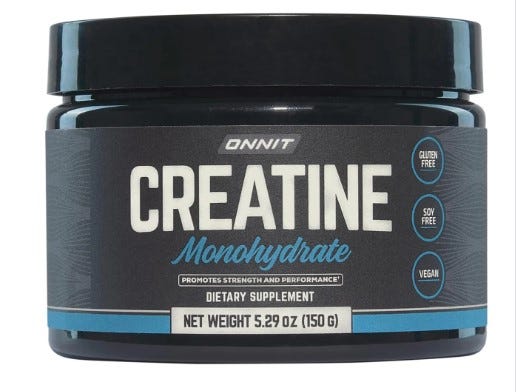The Best Sports Nutrition Supplements for Athletes

In the world of sports, athletes are always looking for ways to perform better, recover faster, and stay healthy. Sports nutrition supplements are important for many athletes because they provide essential nutrients that can be hard to get from food alone. This blog will talk about the best sports nutrition supplements for athletes, explaining their benefits and how they can help improve athletic performance.
1. Protein Powders
Protein is essential for muscle repair and growth. Athletes need to make sure they get enough high-quality protein. Protein powders like whey, casein, and plant-based options like pea or hemp protein are convenient ways to do this.
Whey Protein: Known for its high biological value, rapid digestion, and complete amino acid profile.
Casein Protein: A slower-digesting protein that provides a sustained release of amino acids, ideal for nighttime use.
Plant-Based Proteins: Suitable for vegans and those with dairy intolerances, offering a range of options like pea, hemp, and brown rice protein.
2. Creatine
Creatine is a well-researched and effective supplement for boosting strength, power, and high-intensity exercise. It helps replenish ATP, the main energy source in cells, which can improve short bursts of intense activity.
Monohydrate: The most common and studied form of creatine, known for its effectiveness and affordability. For optimal results, try Onnit Creatine Monohydrate — trusted by athletes for its purity and potency.

3. Branched-Chain Amino Acids (BCAAs)
BCAAs (leucine, isoleucine, and valine) play a significant role in muscle protein synthesis and recovery. Supplementing with BCAAs can help reduce muscle soreness, decrease exercise-induced fatigue, and support muscle repair.
Leucine: Particularly important for stimulating muscle protein synthesis.
Isoleucine and Valine: Aid in energy production and muscle recovery.
4. Beta-Alanine
Beta-alanine is a non-essential amino acid that increases muscle carnosine levels, which in turn helps buffer acid in muscles during high-intensity exercise. This can delay muscle fatigue and improve performance in activities such as sprinting or weightlifting.
Carnosine Booster: Supports improved endurance and reduced muscle fatigue.
5. Omega-3 Fatty Acids
Omega-3 fatty acids, particularly EPA and DHA, have anti-inflammatory properties that can aid in recovery and joint health. They are also beneficial for cardiovascular health, which is crucial for overall athletic performance.
Fish Oil: A common source of omega-3s, providing a good balance of EPA and DHA.
Algal Oil: A plant-based source of DHA, suitable for vegans.
6. Electrolytes
Electrolytes such as sodium, potassium, and magnesium are vital for maintaining fluid balance, nerve function, and muscle contractions. Athletes, especially those involved in endurance sports, need to replenish electrolytes lost through sweat to prevent dehydration and cramping.
Electrolyte Tablets: Convenient for on-the-go replenishment.
Sports Drinks: Provide a combination of electrolytes and carbohydrates for energy.
7. Glutamine
Glutamine is the most abundant amino acid in the body and plays a key role in immune function, gut health, and muscle recovery. Intense training can deplete glutamine levels, making supplementation beneficial for recovery and immune support.
L-Glutamine: The most common form used in supplements.
8. Caffeine
Caffeine is a well-known stimulant that can enhance focus, alertness, and physical performance. It can improve endurance, reduce perceived effort, and increase the capacity for high-intensity exercise.
Caffeine Anhydrous: A highly concentrated form of caffeine used in many pre-workout supplements.
Natural Sources: Coffee or tea can also provide a caffeine boost.
9. Multivitamins
A high-quality multivitamin can help fill nutritional gaps and ensure athletes are getting essential vitamins and minerals that support overall health and performance.
Athlete-Specific Multivitamins: Formulated to meet the higher nutritional demands of active individuals.
10. Vitamin D
Vitamin D is crucial for bone health, immune function, and muscle function. Many athletes are at risk of deficiency, especially those who train indoors or live in regions with limited sunlight.
D3 (Cholecalciferol): The most effective form of vitamin D for raising blood levels.
Conclusion
Using the right sports nutrition supplements can greatly improve an athlete’s performance, recovery, and health. However, supplements should be added to a balanced diet, not replace it. Athletes should talk to a healthcare professional or a sports nutritionist to create a supplement plan that fits their specific needs and goals. With the right supplements, athletes can fuel their bodies for success and reach their full potential.
For optimal results, try Onnit Creatine Monohydrate — trusted by athletes for its purity and potency.


Comments
Post a Comment